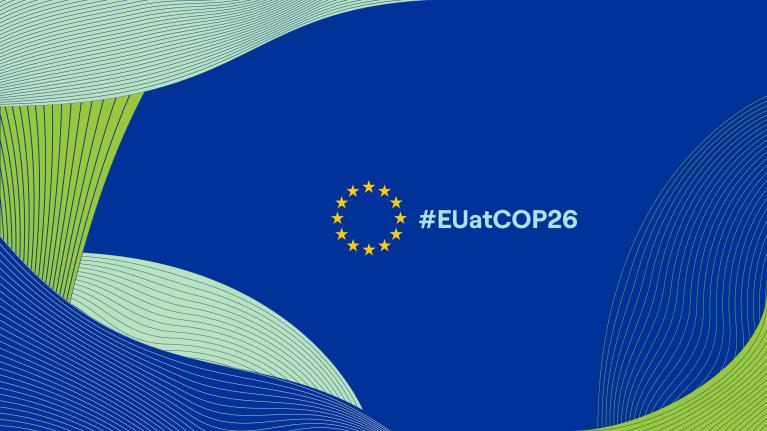- Funding Programme
- Year
- 2021
Supporting the Implementation of Green Budgeting Practices among the EU Member States
The Commission supports 23 EU Member States to strengthen their capacity for greening public finances and to raise awareness of the EU Green Budgeting Reference Framework. The technical support project provides the Member States with practical training and tailored support in piloting green budgeting tools to green public finances. This response to Member States’ needs for technical guidance to adopt and implement green budgeting practices.
Context
The EU Green Deal underlines the key role of the national budgets and green budgeting tools in redirecting public investment, consumption, and taxation to green priorities and away from harmful subsidies. “Green budgeting” covers a variety of practices aimed at identifying and assessing elements of the public budget that affect Member States’ environmental policies. Green budgeting reforms can facilitate budget steering and support the coherence of budgetary and fiscal policies with national climate objectives. As green budgeting reform can meaningfully contribute to the green transition, the European Commission and the EU Member States together developed an EU Green Budgeting Reference Framework (GBRF) for the Member States.
Support delivered
The Commission provides help in the form of capacity-building actions to support national administrations in green budgeting. These measures cover:
- Introduction to the concept of green budgeting and overview of existing green budgeting frameworks and national practices within the EU and in other developed countries. Presentation of the EU GBRF in detail (Module 1).
- Identification of revenue and expenditure relevant for environmental objectives in a given sector, building on national budgetary classifications, statistical classifications, and other methodologies applicable to the chosen sector (e.g. EU taxonomy) (Module 2).
- Guided diagnostic/self-assessment – either on the governance/institutional set-up for green budgeting or on existing practice on green budgeting in the country to identify areas for scaling up/improvement in line with the Guidance Framework (Module 3).
- Exchanges of civil servants at EU level (Module 4)
In April 2023, the Commission launched a civil servants’ exchange programme on green budgeting, as part of its broader endeavour to promote mobility among Member States’ civil servants.
This exchange offers to the civil servants a concrete opportunity to share good practices and to keep up-to-date with the latest policy developments across the EU. The approach is based on peer learning, sharing of experiences, knowledge transfer and on-the-job training, directly linked to reform efforts in the Member States.
It is an opportunity to promote direct, one-to-one dialogues and allow different stakeholders to learn from each other and share knowledge. It will also foster cross-border cooperation between Member States by creating connections between officials and synergies in working methods.
This civil servants’ exchange programme includes 17 EU Member States: Austria, Belgium, Bulgaria, Croatia, Cyprus, Denmark, Greece, Hungary, Ireland, Italy, Latvia, Luxembourg, Poland, Portugal, Romania, Slovenia, Spain.
Results achieved
18 EU Member States already participated in the first module of the training, with more than 350 participants, while five additional Member States are envisaged to benefit from the training package before the end of the year. The delivery of the second module started in September 2021 and allows the Member States to apply in their country context the green budgeting approaches that were presented in the introductory course. The knowledge acquired is expected to have a major positive impact on greening public budgets and contributing to the green transition, in line with the goals of the European Green Deal.
The support from the Technical Support Instrument (TSI) helped national authorities to obtain the necessary technical know-how to design and implement green budgeting reforms. By establishing connections between budgetary tools, and environmental and climate change goals, green budgeting can contribute to the mainstreaming of green budgetary policies and processes. A “green budget” promotes efficiency, accountability and transparency of policies, as well as parliamentary oversight of national efforts regarding climate action.
More about the project
Watch the video on exchanges of civil servants at EU level (Module 4).
You can read the report:
Have a look to the digital leaflet to find out more about the project involvement at the COP26!


